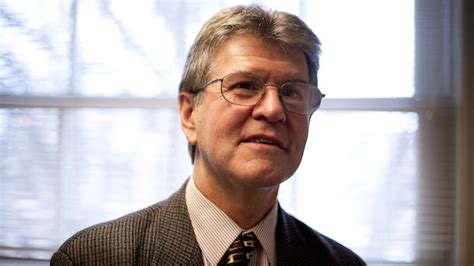Top 10 Quotes & Sayings by Philip Jenkins
Explore popular quotes and sayings by an American professor Philip Jenkins.
Last updated on April 15, 2025.
. If you believe that your nation is divinely ordained to rule Europe, and you must struggle to establish its supremacy, is that a religious doctrine or a nationalist one? In Germany especially, the whole super-nationalist ideology of the post-1871 empire is heavily imbued with religious teaching, chiefly Lutheran, and frankly viewing the new empire as the germ of the kingdom of God on Earth.
In most cases, obviously, soldiers fought because a government drafted them and gave them a rifle. At every point too, we see the role of nationalistic sentiment, commercial rivalries, and simple greed. But can we ever separate out such motives from the religious? Was that not also true of the medieval crusades?
Religion appears in so many contexts in WW1. Religion shaped the national identities and ambitions of several of the key players, especially Germany and Russia, both of which defined themselves as messianic nations. In both countries too, secular elites delved deeply into apocalyptic and prophetic ideas, giving their nations a millenarian bent.
It is also amazing to find just how religious and occult-minded some of the leading political and military players of the war were, from von Moltke and Ludendorff to Brusilov and J F C Fuller. Each, in his way, was deeply involved in what we would today call the occult, spiritualism, and visionary religion.


















